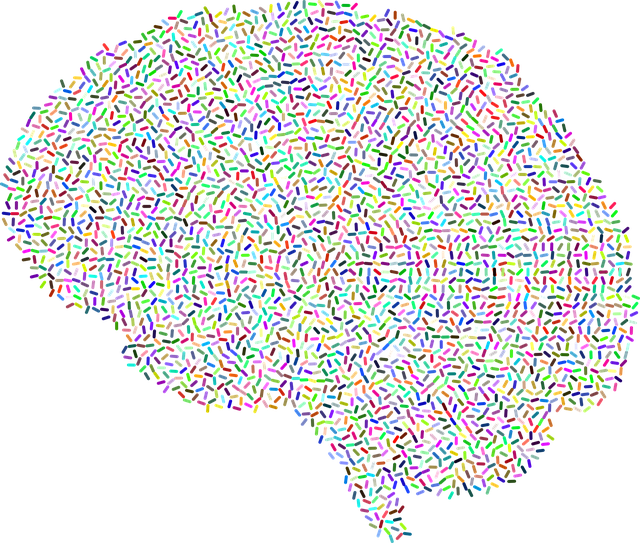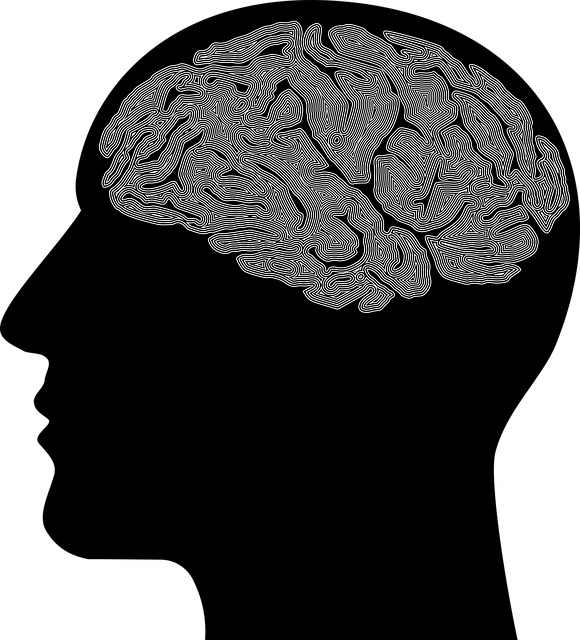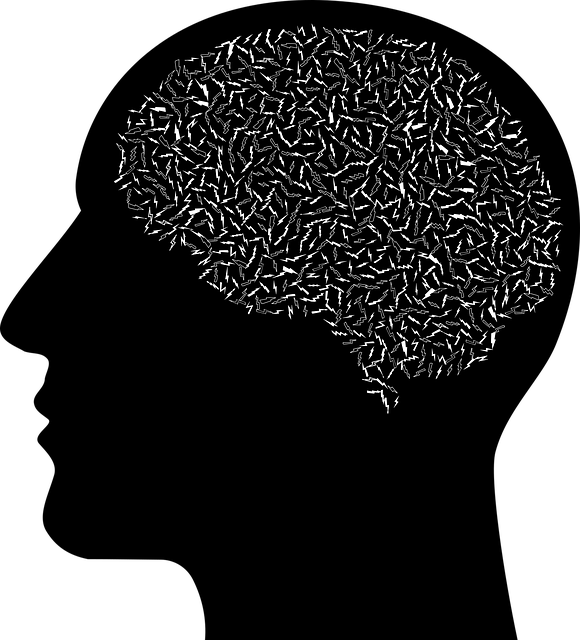Centennial Functional Neurological Disorder (CFNDT) therapy demands a robust risk management strategy for mental health professionals to ensure safe, effective care. This involves identifying vulnerabilities, addressing ethical dilemmas, fostering cultural sensitivity, and implementing tools like mental wellness journaling. The approach must include resilience-building, confidence techniques, stigma reduction, self-care, and regular risk assessment reviews to mitigate emotional distress, burnout, and adverse outcomes for both therapists and clients. Continuous monitoring, community outreach, and proactive treatment adjustments are key components of a tailored risk management plan in CFNDT.
Mental health professionals constantly navigate complex risks in their practice, especially with therapeutic interventions like Centennial Functional Neurological Disorder Therapy. This article guides practitioners through a structured approach to risk management planning. We explore essential aspects such as understanding risk dynamics in mental health settings and identifying unique hazards associated with CFNDT. By developing comprehensive strategies for mitigation and continuous monitoring, professionals can ensure safe care delivery while fostering positive outcomes for clients.
- Understanding Risk in Mental Health Practice
- Identifying Potential Hazards for Centennial Functional Neurological Disorder Therapy
- Developing a Comprehensive Risk Management Plan
- Implementing Strategies to Mitigate Risks
- Continuous Monitoring and Review: Ensuring Safe Care Delivery
Understanding Risk in Mental Health Practice

In the realm of mental health therapy, understanding risk is paramount for practitioners to ensure safe and effective care. Risk, in this context, encompasses a wide array of potential hazards that can arise during treatment, including those related to patient safety, confidentiality, and professional well-being. For instance, therapists must be vigilant regarding the complex dynamics of Centennial Functional Neurological Disorder Therapy, where managing symptoms may involve delicate balance and unique challenges.
Effective risk management involves a comprehensive approach—from recognizing vulnerabilities in patients’ psychological states to addressing potential ethical dilemmas and personal boundaries. Mental wellness journaling exercises can serve as valuable tools for both professionals and clients to track progress, identify triggers, and process emotions, thereby enhancing self-awareness and mitigating risks. Additionally, cultural sensitivity in mental healthcare practice is crucial, considering the diverse backgrounds of patients, which may influence their perceptions of risk and treatment preferences.
Identifying Potential Hazards for Centennial Functional Neurological Disorder Therapy

Identifying potential hazards is a critical step in risk management planning for mental health professionals offering Centennial Functional Neurological Disorder Therapy (CFNDT). This therapeutic approach, while innovative and promising, is not without its challenges. One key area of focus is managing the emotional toll it can take on both therapists and clients. The intense nature of CFNDT often involves confronting traumatic memories and difficult emotions, which may trigger stress, anxiety, or even re-traumatization for some individuals.
Additionally, the complex interplay between mental illness and neurological disorders necessitates vigilance against potential adverse effects. For instance, certain therapeutic techniques could inadvertently exacerbate existing symptoms or introduce new challenges related to mood regulation, cognitive functioning, or interpersonal relationships. Therefore, resilience building and confidence boosting strategies should be integrated into practice frameworks alongside ongoing monitoring for signs of distress in both clients and therapists. Mental illness stigma reduction efforts are also crucial, ensuring a supportive environment that fosters open dialogue about the unique challenges faced by individuals navigating CFNDT.
Developing a Comprehensive Risk Management Plan

Developing a comprehensive risk management plan is an integral part of ensuring safe and effective practice for mental health professionals, especially those specializing in conditions like Centennial Functional Neurological Disorder Therapy (CFNDT). This strategy involves a multifaceted approach to anticipate, identify, and mitigate potential risks that may arise in the therapeutic process. A well-crafted plan should include detailed procedures for risk assessment, which is crucial for understanding individual client needs and vulnerabilities.
By integrating self-care practices and empathy building strategies, mental health professionals can navigate complex cases with resilience and adaptability. Regular reviews of the risk management plan are essential to stay updated with emerging challenges in the field, ensuring that practitioners remain equipped to deliver high-quality care while minimizing potential hazards.
Implementing Strategies to Mitigate Risks

Implementing effective risk management strategies is essential for mental health professionals to create a safe and supportive environment for their clients. This involves a proactive approach to mitigate potential risks, ensuring the well-being of both practitioners and patients. One key strategy is integrating emotional regulation techniques into therapy sessions, empowering individuals to manage their emotions and reduce the likelihood of distressing reactions.
Additionally, mental health professionals can enhance risk mitigation through community outreach program implementation. Engaging with local communities fosters a sense of belonging and support, which is crucial in preventing burnout among practitioners while also promoting positive mental health outcomes for clients. These initiatives contribute to a comprehensive risk management plan, reflecting the dynamic nature of Centennial Functional Neurological Disorder Therapy and prioritizing emotional well-being within the practice.
Continuous Monitoring and Review: Ensuring Safe Care Delivery

For mental health professionals, continuous monitoring and review are vital components of risk management planning. This ongoing process involves regularly assessing client progress, identifying potential risks or triggers, and promptly adapting treatment strategies as needed. By integrating this practice into their workflow, therapists at Centennial Functional Neurological Disorder Therapy can ensure safe care delivery while fostering positive outcomes for their clients.
Such monitoring enables the early detection of issues that may lead to adverse events, such as relapse or burnout, both significant concerns within the healthcare sector, particularly among mental health professionals. This proactive approach encompasses not only client assessment but also self-care practices for therapists, including Burnout Prevention Strategies for Healthcare Providers and incorporating Mental Wellness Podcast Series Production as a tool for emotional regulation. Regular review ensures that treatment plans remain tailored to individual needs, promoting resilience and recovery in a dynamic therapeutic environment.
Effective risk management planning is vital for mental health professionals treating complex conditions like the Centennial Functional Neurological Disorder (CFND). By understanding risk, identifying specific hazards, and implementing robust strategies, therapists can ensure safe care delivery. A comprehensive plan that includes continuous monitoring and regular review is essential to mitigate risks associated with CFND therapy, fostering a secure environment for both patients and practitioners. This proactive approach not only protects against potential harms but also enhances the overall quality of care provided.









